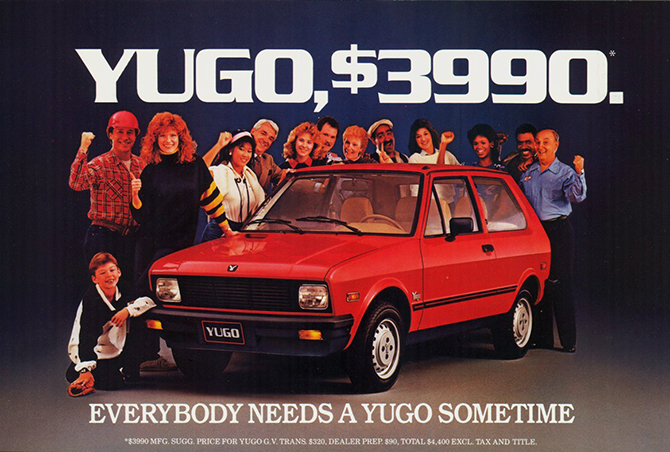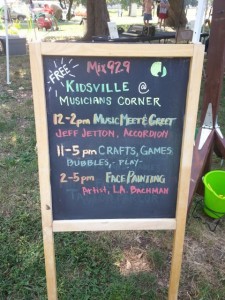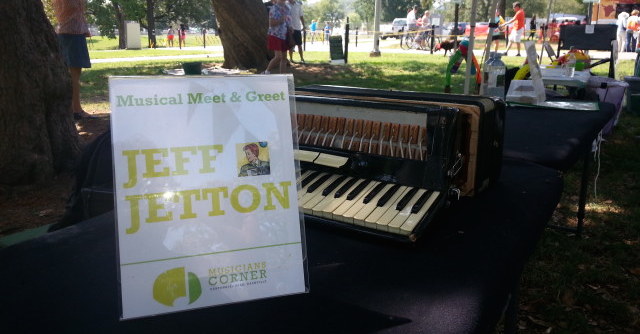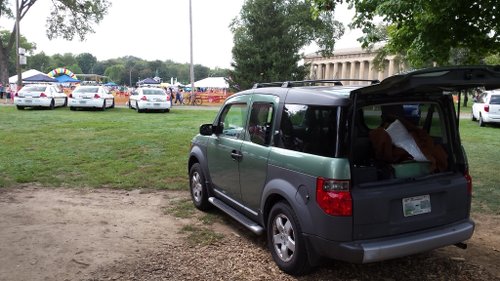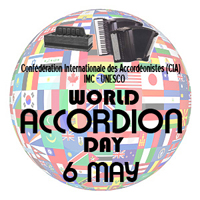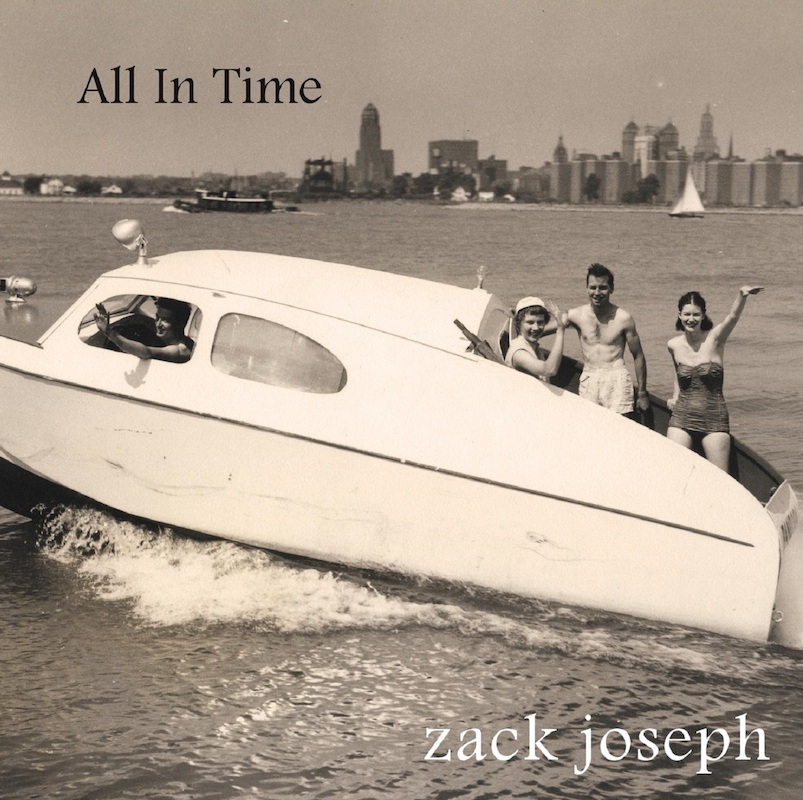Last night’s broadcast of the radio program “Fresh Air” featured a wonderful interview with New York accordionist Will Holshouser. If you missed it, you can listen to the whole thing over at NPR (or even skim over the transcript if that’s more your style).
As is typical for host Terry Gross, she goes beyond a mere “let’s plug your new album” interview and has Holshouser give an audio tour/demonstration of the instrument, as well as delve into the history of French Musette and other accordion folk traditions.
I especially liked how Gross led with a confession of her own accordion “attitude adjustment”:
When I was growing up, I thought of the accordion as a pretty corny and annoying instrument. Accordion meant “The Lawrence Welk Show,” bad bar mitzvah bands and–worse yet–my father’s accordion lessons. But I wish I still had my father’s accordion because I now realize what a remarkable instrument it is.

